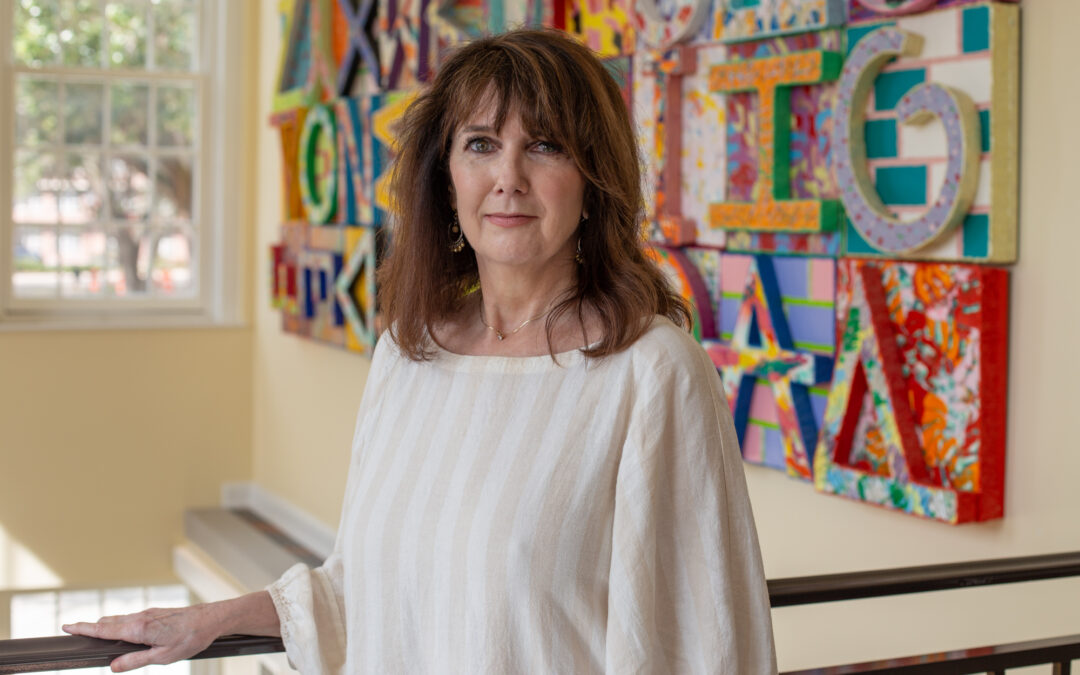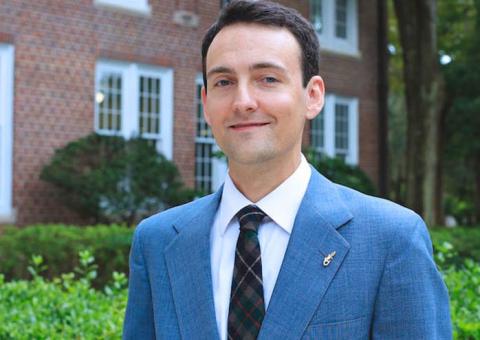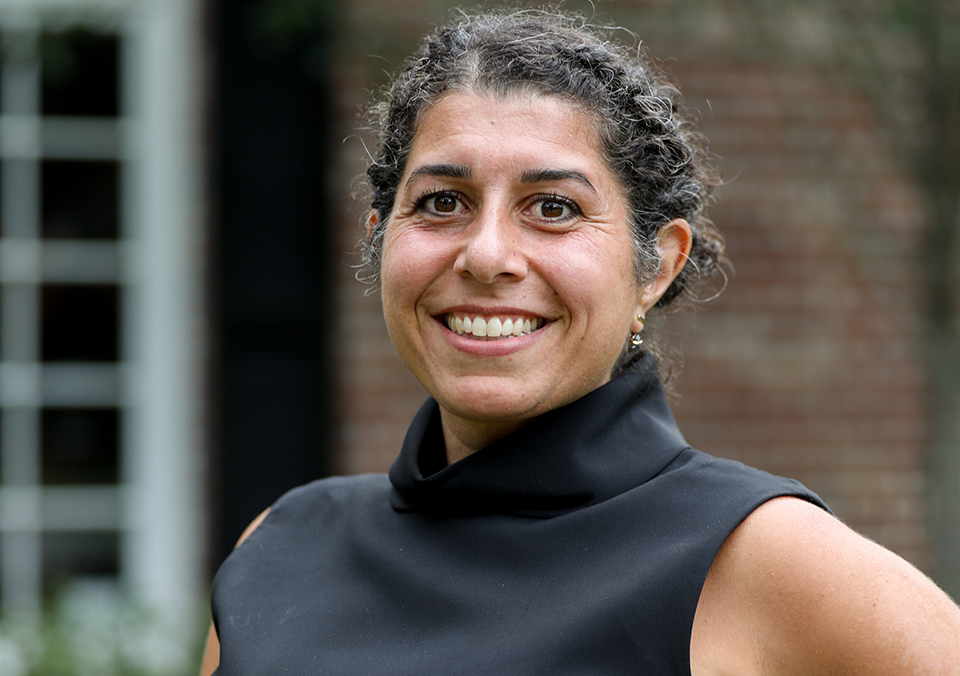
Research Spotlight: Blake Beckett
Q & A with Nigel Newbutt, Assistant Professor in the School of Teaching and Learning

Q & A with Nigel Newbutt, Assistant Professor in the School of Teaching and Learning

Q & A with Nigel Newbutt, Assistant Professor in the School of Teaching and Learning

Q & A with Nigel Newbutt, Assistant Professor in the School of Teaching and Learning

Q & A with Nigel Newbutt, Assistant Professor in the School of Teaching and Learning

Q & A with Nigel Newbutt, Assistant Professor in the School of Teaching and Learning

Q & A with Nigel Newbutt, Assistant Professor in the School of Teaching and Learning